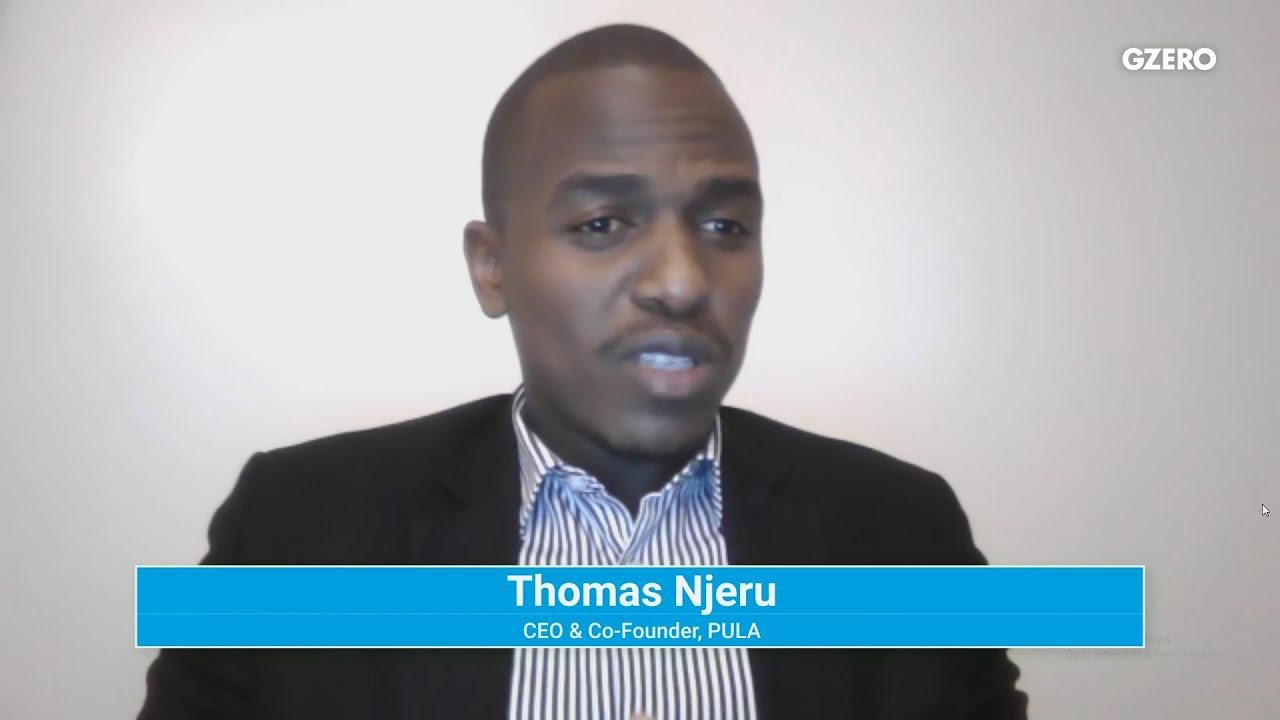Smallholder farmers in developing countries currently produce about 30% of the world's food. But they are way less productive than large-scale farmers in the developed world.
Thomas Njeru, who knows a thing or two about smallholder farming because he grew up on a small farm in his native Kenya before co-founding a micro-insurance firm for smallholders, says boosting the productivity of smallholders could up global food output by 30% — more than enough to cover the 10% deficit we now face.
In a livestream discussion about the global food crisis hosted by GZERO Media in partnership with the Bill & Melinda Gates Foundation, he explains that the production capacity of smallholders will continue to be undermined by things like high fertilizer prices, resulting in tomatoes in Nairobi costing four times more than in Chicago.
The world's poorest farmers, Njeru adds, are bearing the brunt of the global food price crisis.
More For You
Most Popular
Our sharing success program reflects BofA’s commitment to teammates and driving economic opportunity for employees and communities. The Proof: Since 2017, our program has awarded nearly $6.8B to employees—recognizing their contributions and investing in their future. Learn more.
WATCH THE REPLAY: At this year's World Economic Forum in Davos, Switzerland, our Global Stage panel discussion will examine the growing infrastructure around AI, how countries are tackling AI adoption, and the ways in which local and supranational industries might benefit from this rapidly accelerating technology. Watch at gzeromedia.com/globalstage
